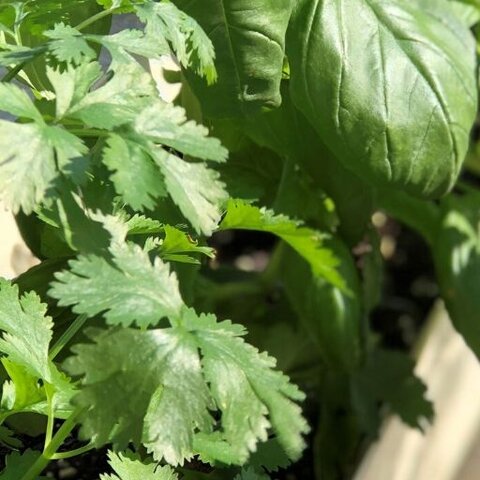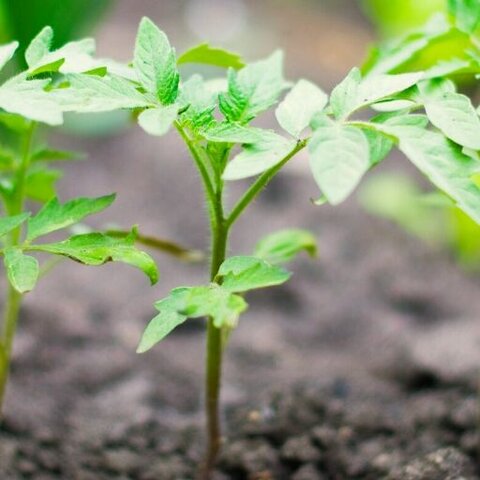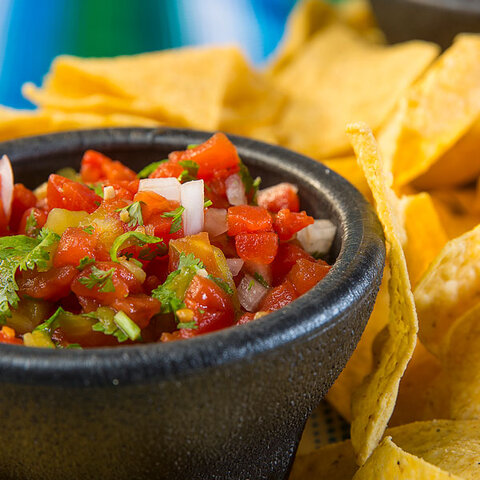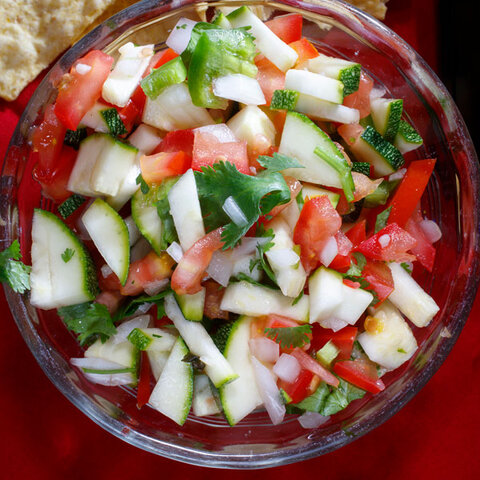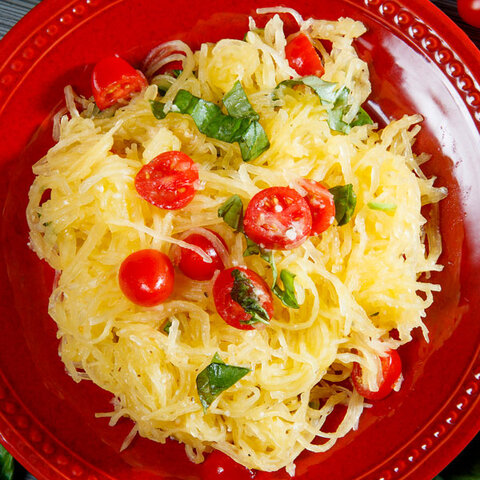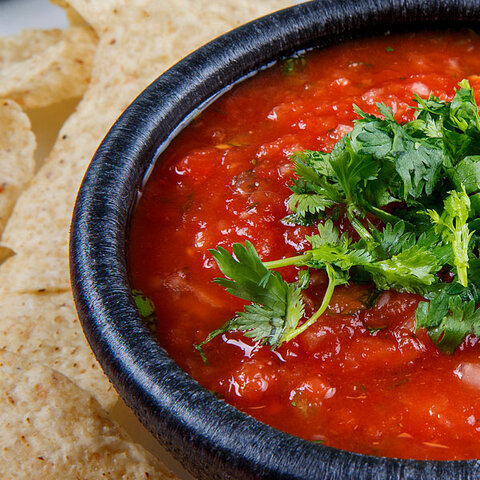
Research shows that cultivating plants is beneficial for us. Gardening has been associated with improvements in attitudes toward health and nutrition, better school performance for kids, and community spirit. Every April communities, groups, and individuals celebrate National Garden Month. Gardening can be a great way to enjoy being outside, get exercise, and grow fruits and vegetables.
Benefits of Gardening and Safety Tips:
- Fruits and vegetables - more matters. Gardens can motivate children to try new fruits and vegetables, and kids are eager to taste the 'fruits' of their labor. Fruits and vegetables are an important source of vitamins and minerals, provide fiber, color and texture, and may reduce disease risk, but few children or adults eat recommended amounts. Gardening with your kids will get them excited about the plants on their plate.
- Increase physical activity. Light gardening/yard work is considered moderate physical activity. Gardening can be a great way to get some of the 2 ½ hours of recommended weekly activity. If you have been inactive, start out gradually each day, building up time and intensity. Vary your gardening activities to keep it fun and broaden the benefits.
- Grow a successful garden. The best way to launch a successful garden is to start small and choose varieties that do well in your area. You might start with vegetables your children already enjoy, or try selecting plants around a theme such as a rainbow garden to increase their interest.
- Gear up for gardening with safety. Wear safety goggles, sturdy shoes, and long pants when using lawn mowers or other machinery. Wear gloves to lower the risk for skin irritations, cuts, and certain contaminants and protect your hearing when using loud machinery. Lower your risk for sunburn by wearing long sleeves, wide-brimmed hats, sun shades, and sunscreen.
- Stay hydrated. As the gardening season progresses, it’s important to be smart about staying hydrated when temperatures are on the rise. Drink plenty of water throughout the day to replace lost fluids. Sipping throughout the day is better than saving up for meals or breaks.
- Take breaks. Take breaks often and rest in shaded areas. Stop working if you experience breathlessness or muscle soreness. Signs of heat-related illness include extremely high body temperature, headache, rapid pulse, dizziness, nausea, confusion, or unconsciousness.
Gardening can have a positive impact on eating habits, physical activity level, and overall well-being. Whether you are a beginner or expert gardener, health and safety are always important. Nebraska Extension has lots of resources on gardening from the Nebraska Master Gardener Program, growing local foods, Backyard Farmer, and how to cook with fresh herbs. For more information and resources related to gardening, check out the following from Nebraska Extension for the home, community, and greenhouse on gardening.
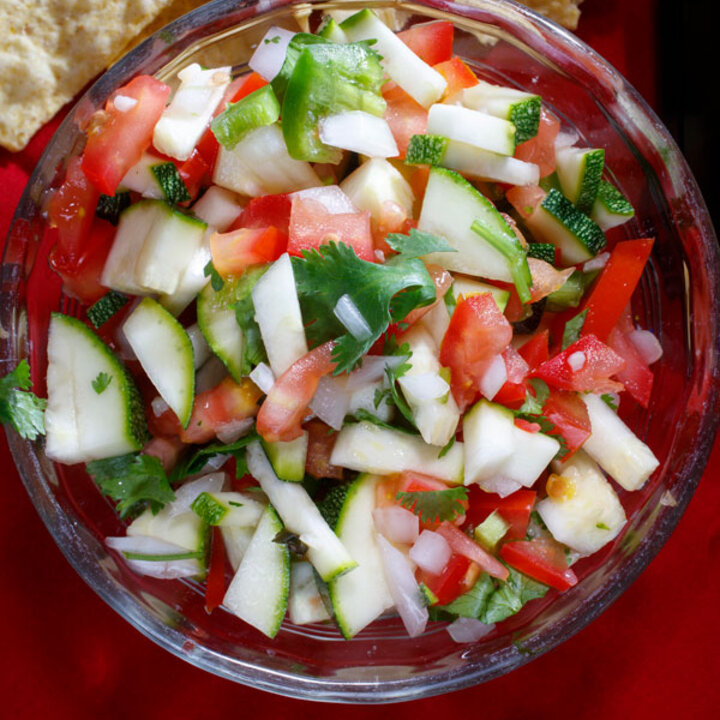
Summer Vegetable Salsa
Download Handout Spanish Handout- 1 medium zucchini, gently rubbed under cold running water, diced
- 1 medium white onion, scrubbed with clean vegetable brush under running water, diced
- 3 Roma tomatoes, gently rubbed under cold running water, diced
- 1 jalapeno pepper (optional), scrubbed with clean vegetable brush under running water, diced*
- 4 garlic cloves, minced
- ½ cup fresh cilantro or parsley, gently rubbed under cold running water, chopped
- ½ teaspoon salt (optional)
- ¼ cup lime juice
Directions:
- Wash hands with soap and water.
- In a medium bowl, combine all the ingredients. Mix gently.
- Chill in the refrigerator at least 30 minutes before serving.
- Store leftovers in a sealed container in the refrigerator for up to four days.
*Be careful when cutting the jalapeno. Wearing gloves when handling jalapenos is recommended as the jalapeno juices can burn the skin.
Nutrition Information:
- Serving Size (1/6 of recipe):
- Calories: 25
- Sodium: 198mg
- Total Carbohydrates: 6g
- Fiber: 1g
- Protein: 1g
- Calcium: 2%
- Potassium: 4%
Sources:
National Agricultural Library. Vegetable Gardening. U.S. Department of Agriculture. Accessed at: https://www.nal.usda.gov/plant-production-gardening/vegetable-gardening
United States Department of Agriculture (USDA). Gardening Advice.
Moore, M., Ellis, E. 2022. Kids in the Garden: Nutritious and Fun. Academy of Nutrition and Dietetics. Accessed at: https://www.eatright.org/food/planning/food-security-and-sustainability/kids-in-the-garden-nutritious-and-fun

